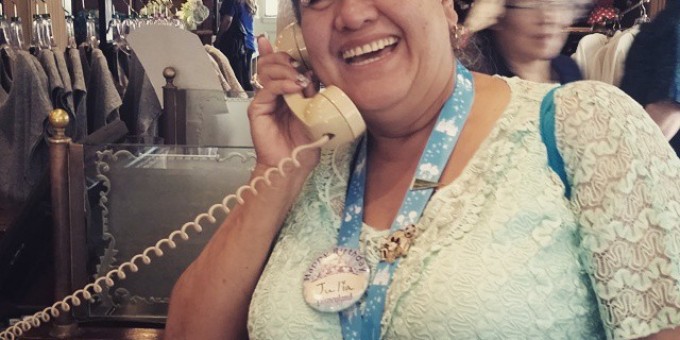
The connection is always better once you make the call. Diana Moon, Flickr CC
Call Your Mom
Maybe you’ve heard on Facebook that “You never know how much your parents love you until you have a child to love.” This feel-good meme may be the Internet’s articulation of what family researchers have called the “intergenerational stake” hypothesis: the parent-child relationship matters more to the parents than the kids.
Unsurprisingly, not all interactions between any two adults go smoothly, and not all people like each other. During the years or decades when neither generation is tasked with directly caring for the other, relationships between parent and child can be redefined and closeness can vary. Recent research in the Journal of Marriage and examines this variation of closeness and contact and the emotional impact of the interactions on aging parents.
Karen Fingerman and her colleagues examined contact patterns over a week for a sample of 247 adults between the ages of 45 and 65 who had at least one child over the age of 18. Ninety-sex percent of those within their sample had contact with their kid during the week, and most reported a pleasant interaction. Half of that sample also had some kind of stress around that child, whether an unpleasant interaction or some kind of stressful worrying or fretting. Still, the pleasant experiences seemed to “win out” over the unpleasant ones, reducing stress and lifting parents’ moods.
